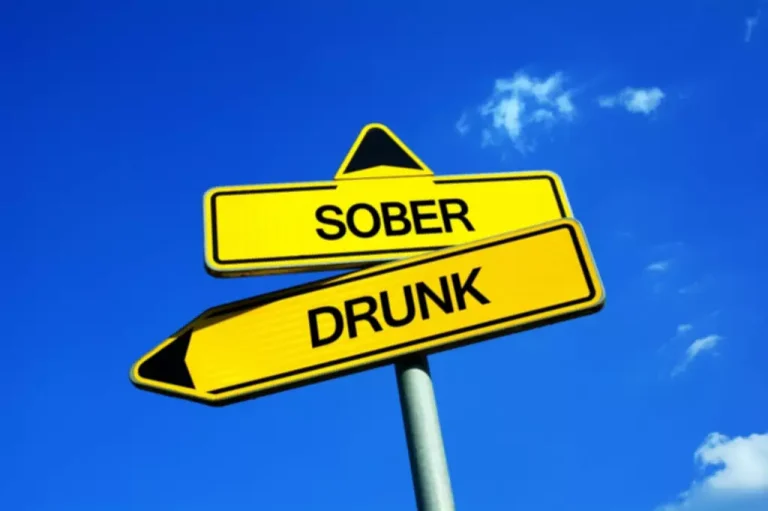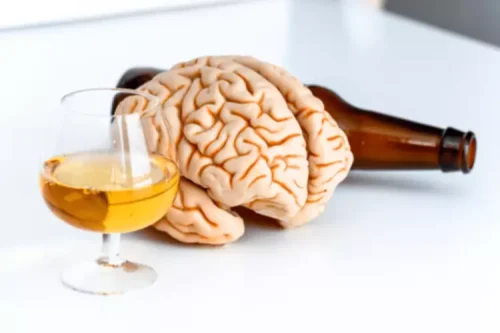
Alcoholics who experience high levels of anxiety or nervousness, including panic attacks, will likely benefit from education and reassurance as well as from behavioral therapies aimed at increasing levels of relaxation. In the sequential approach to treating comorbid anxiety and AUDs one disorder is treated prior to addressing the other disorder. Advocates of this approach point out that it may be prudent to begin, for example, by treating a client’s alcohol problem and waiting to see whether abstinence leads to remission of the psychiatric problem (e.g., Allan et al. 2002; Schuckit and Monteiro 1988). The results of this study suggest that paroxetine may be useful in this subgroup of alcoholics by alleviating social anxiety as a reason for drinking, and that once social anxiety symptoms are reduced, the stage may be set for the introduction of an alcohol intervention.
- Anxiety disorder symptoms can disrupt a person’s life, making it difficult to work, participate in social events, and maintain relationships.
- The positive relationship between other anxiety disorders and AUD was not in line with direct influences between the phenotypes, but rather seemed to be explained by genetic background factors common to both AUD and anxiety.
- This concept, in fact, is shared by several models of alcoholism, including the self-medication (Khantzian 1985; Quitkin et al. 1972), tension reduction (Conger et al. 1999), and stress-response dampening models (Sher 1987; Sher and Levenson 1982).
- Only one notable study of COA’s has demonstrated a higher-than-expected risk for these major psychiatric disorders.
Can alcohol cause panic attacks?
- Medications that target a brain signaling system which uses the neurotransmitter serotonin and its receptors perhaps are the safest and most widely used agents to treat anxiety disorders.
- Vaillant (1995) has conducted a 40-year followup of 2 samples, one including more than 200 college men and the other including more than 450 blue-collar boys who were ages 11 to 16 at the time of the original study.
- Typically, he offers this in conjunction with supportive therapy, motivational interviewing, and/or cognitive behavioral therapy in 30-minute follow-up visits.
- For most patients, Talkiatry treatment is just as effective as in-person psychiatry (American Psychiatric Association, 2021), and much more convenient.
- For example, they were less likely to speak up in group therapy, attend a 12-step meeting, or seek sponsorship within a 12-step group.
- Although it may be tempting to ignore your symptoms, or to self-diagnose, the only way to access the resources you need to recover is by getting a clinical diagnosis.
Other data also suggest a greater-than-chance association between panic disorder (and perhaps social phobia) and alcoholism (Cowley 1992; Cox et al. 1990; Kushner 1996). Similarly, in the absence of clear evidence of a long-term major anxiety disorder that predates the onset of alcoholism or that remains intense after an extended period of abstinence, few indications exist for using medications related to anxiety for alcoholics. Panic attacks that are likely to develop during alcohol withdrawal are also likely to diminish in frequency and intensity on their own without medications (Schuckit and Hesselbrock 1994). Because little evidence exists of an increased risk for obsessive-compulsive disorder among alcoholics, pharmacological treatments aimed at this severe anxiety condition also are inappropriate in the absence of additional evidence of an independent anxiety syndrome. Alcoholics frequently experience episodes of intense depression and/or severe anxiety.
- Withdrawal anxiety is complicated, but it essentially comes from the way your mind experiences the stress of losing out on alcohol.
- “Hangxiety” describes the regret, worry, and levels of anxiety felt after a night of heavy drinking.
- Interestingly, socially phobic women were less likely than women without social phobia to obtain an Alcoholics Anonymous sponsor, which may help explain the poor outcomes for TSF among this subgroup.
- That’s why when you stop drinking, it’s not uncommon to experience a range of terrible symptoms, including anxiety.
- These effects can make it seem like drinking alcohol is providing the person with relief from their anxiety.
- If you’re worried about having a panic attack after drinking, the best strategy is to abstain.
How to tell if your ‘hangxiety’ is a sign of an AUD
According to some animal research, those who drink alcohol in their youth may be more prone to anxiety in adulthood, which might suggest a causal relationship. In many cases, it is unclear whether alcohol causes anxiety or if anxiety makes a person more likely to drink alcohol. However, it can be easy for one drink to turn into more and lead to a growing dependence on alcohol. If you’re in the depths of hangxiety and need fast relief, Dr. Greenfield recommends working through it with meditation, grounding activities, calming yoga poses or stretches, or deep breathing exercises. “A lot of the uncomfortable emotions we have, when we try to push them away or avoid them, they just get worse,” Dr. Greenfield says.
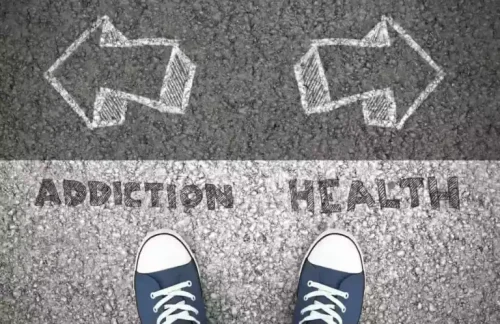
Alcohol is not anxiety treatment
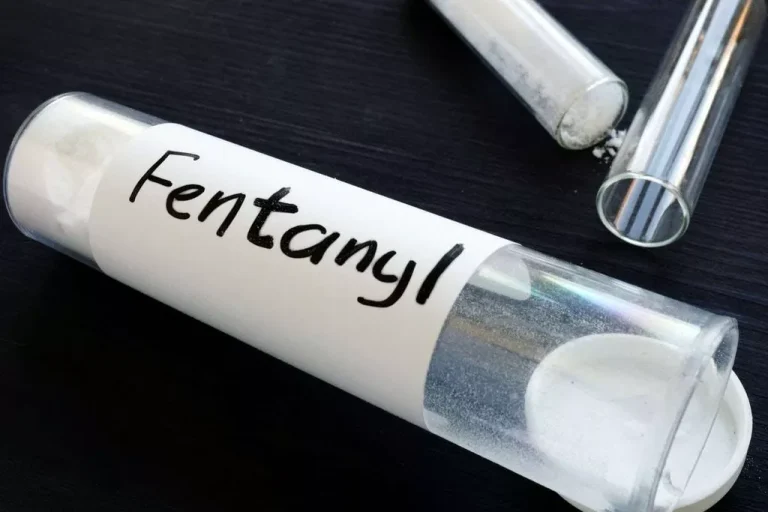
If you have anxiety or experience panic attacks, contact your provider if your symptoms get worse or affect your overall quality of life. If alcohol withdrawal symptoms become severe, or you are a high-risk drinker, then consider withdrawing under medical supervision as it can be life threatening. Results of logistic regression of alcohol use disorder (AUD) on anxiety disorders occurring last five years. All our psychiatrists (and all psychiatrists in general) are medical doctors with additional training in mental health.
Second, alcohol use in the presence of stress stimuli may interfere with extinction-based learning necessary for normal adaptation to stressors. Thus, hazardous drinking can lead to anxiety through a noxious combination of greater levels of life stress coupled with relatively poor coping skills. Research has found that anxiety disorders and alcohol use disorders often occur together. Several proposed explanations exist for the link, including genetics, a person’s environment, and the brain mechanisms related to addiction and anxiety symptoms.
There are noteworthy advantages of this approach relative to sequenced treatment, such as, at least theoretically, reducing the chances of relapse by attending to both disorders. In light of the mutual-maintenance does alcohol cause anxiety attacks patterns mentioned earlier this may be a quite significant benefit. However, several limitations of the parallel approach also exist beyond inherent difficulties with case coordination (Stewart and Conrod 2008).
Which anxiety disorders are related to alcohol use disorder?
With Talkiatry, you can see a psychiatrist from the comfort of your home and you can schedule your first appointment in a matter of days. To get started and learn about your treatment options, take our free online https://ecosoberhouse.com/ assessment, to see if Talkiatry is right for you and get matched with a psychiatrist. If you’re regularly experiencing some or all the symptoms listed above, it’s important to seek professional help immediately.
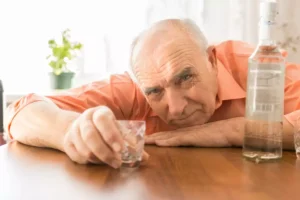
How alcohol affects the brain
Alcohol is believed to mimic this effect by also binding to GABA receptors. That’s why drinking can help you feel relaxed in the short-term, especially in social situations. Alcohol use reduces blood-sugar levels, causing people to experience irritability, dizziness and weakness. Drinking alcohol can also result in dehydration, fatigue, nausea and heart palpitations. Anxiety is a feeling of apprehension or fear in anticipation of a situation, such as the first day of school or a job interview. People struggling with anxiety often turn to alcohol to calm their nerves.
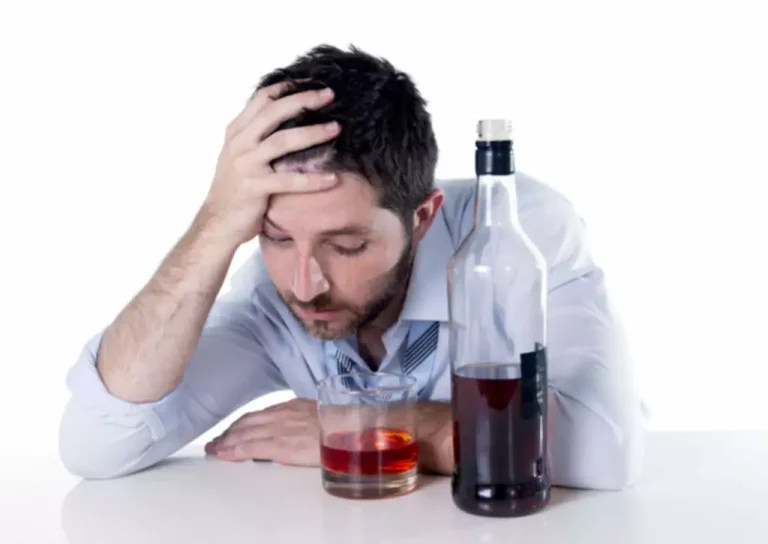
This exclusion means, however, that treatment providers must use clinical judgment when prescribing these medications to comorbid patients. Prevalences of alcohol use disorder and anxiety disorders (including subthreshold disorders) occurring the last five years by time of measurement and sex. There may be direct influences between the disorders that act on a short time-scale and that are invisible in a follow-up years later. Therefore, we tested whether we could find indications of direct influences between the disorders in cross-sectional data, using lifetime reports of the disorders at wave 1 and wave 2.
